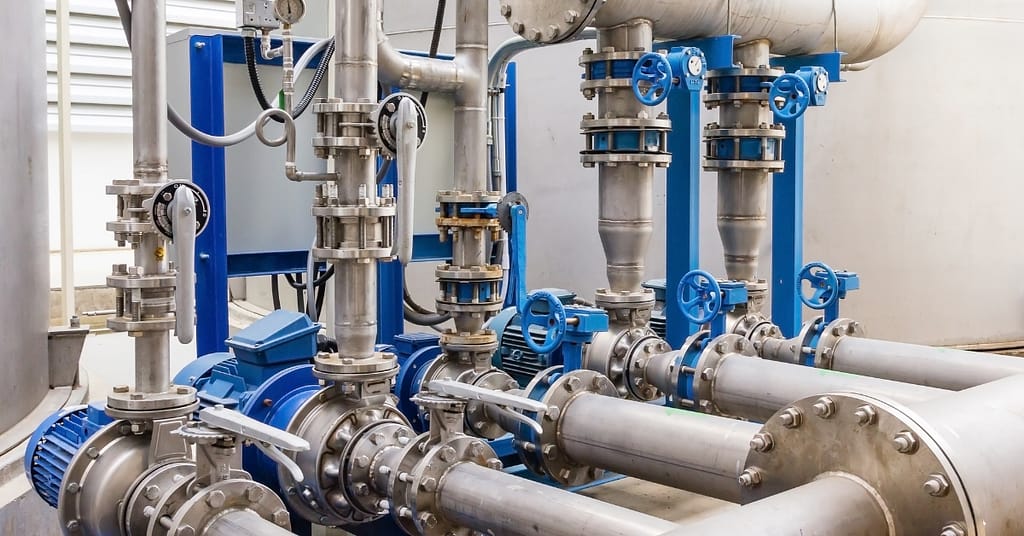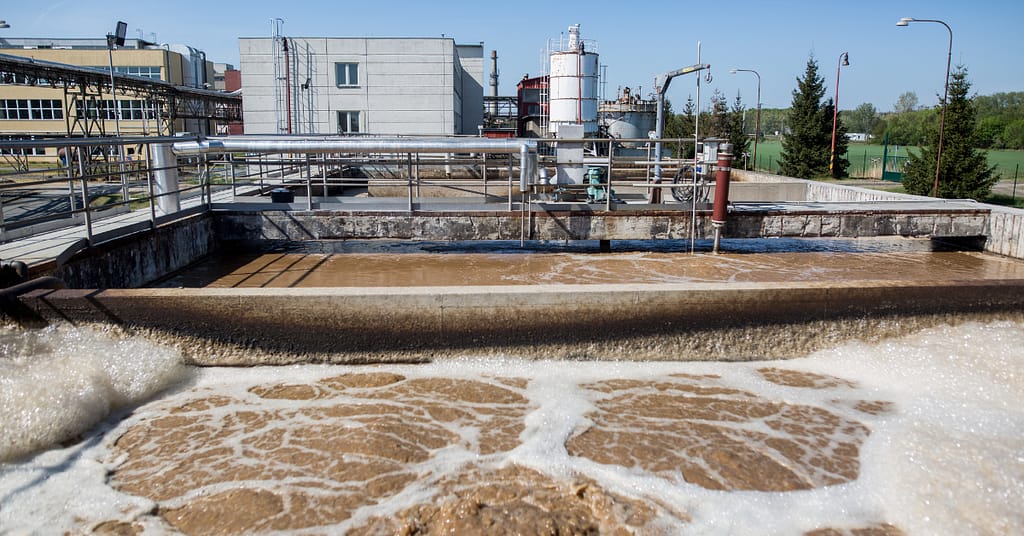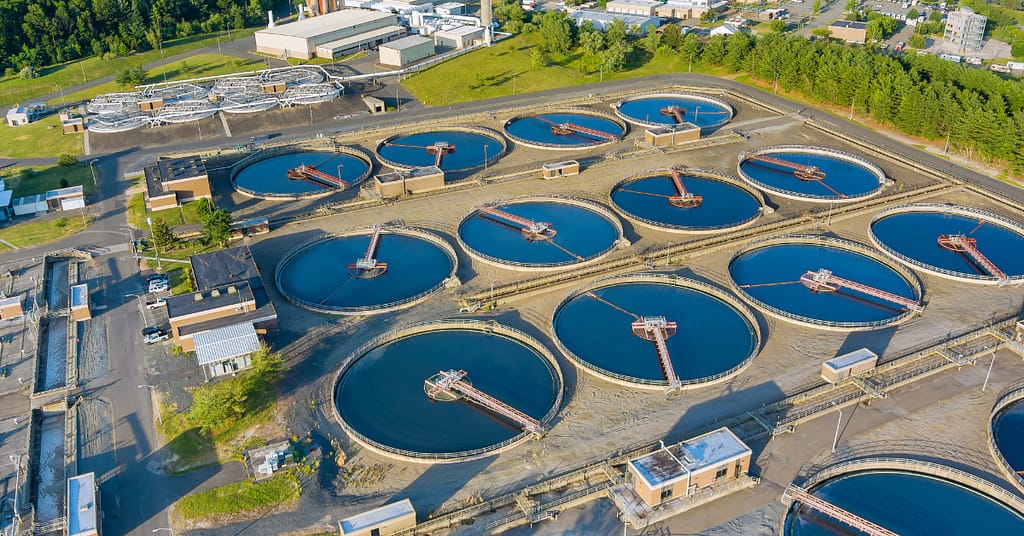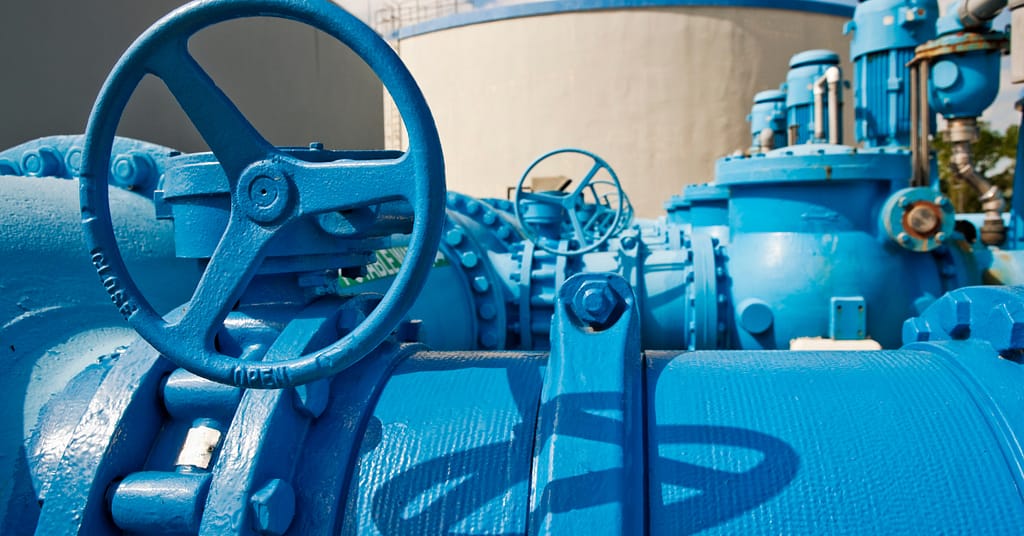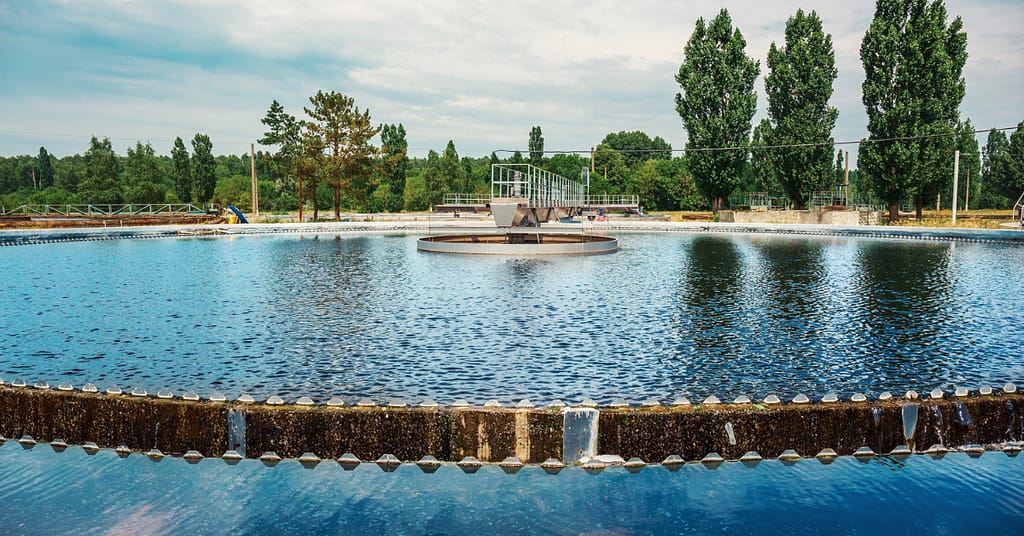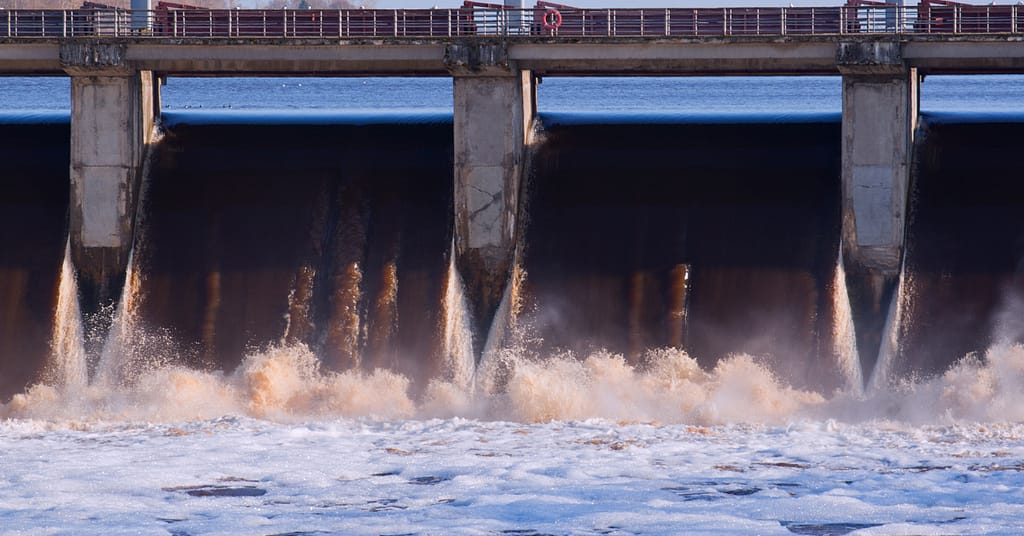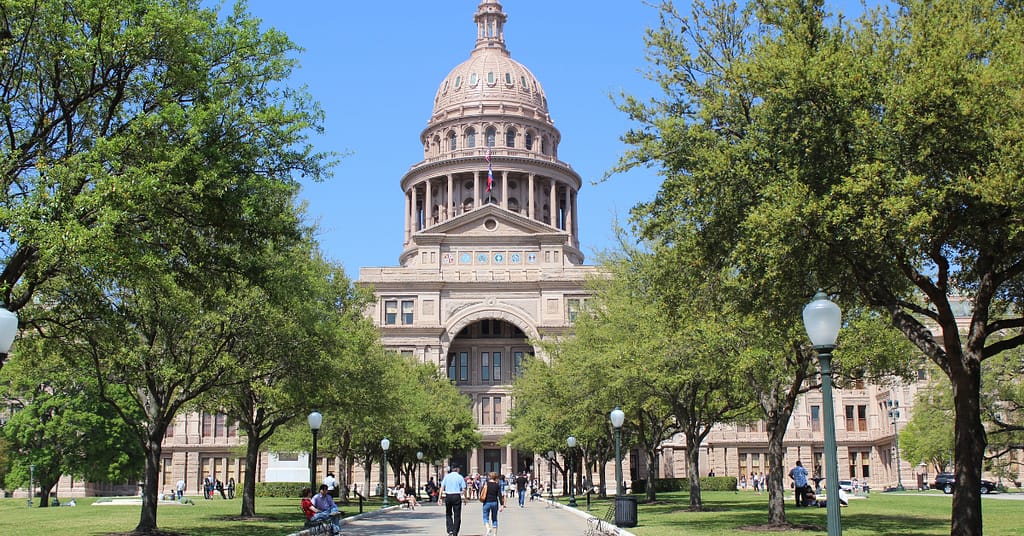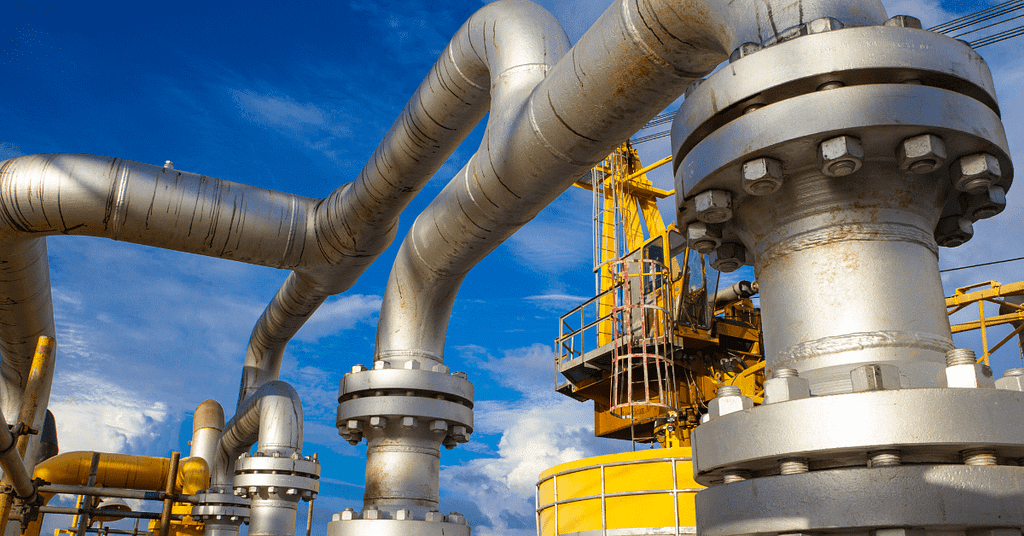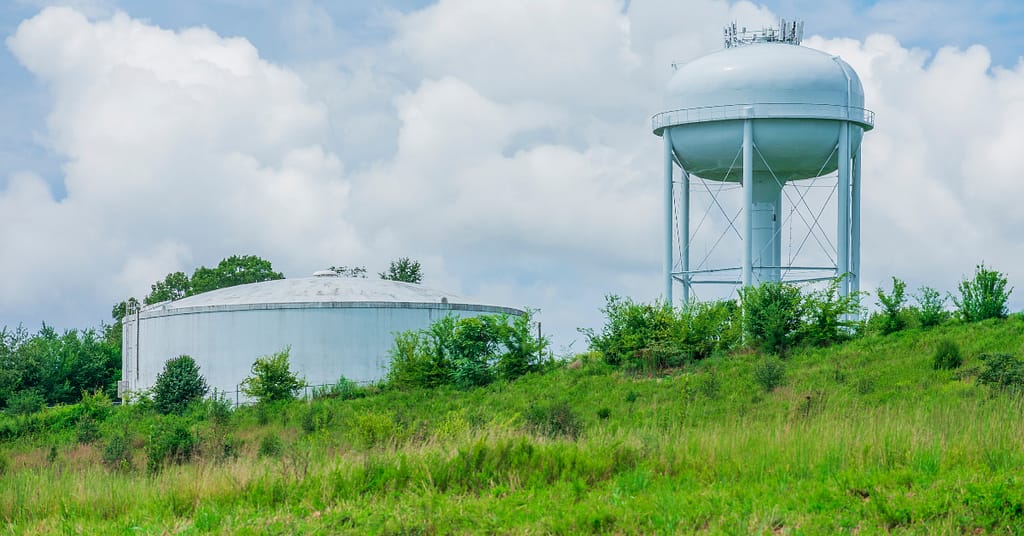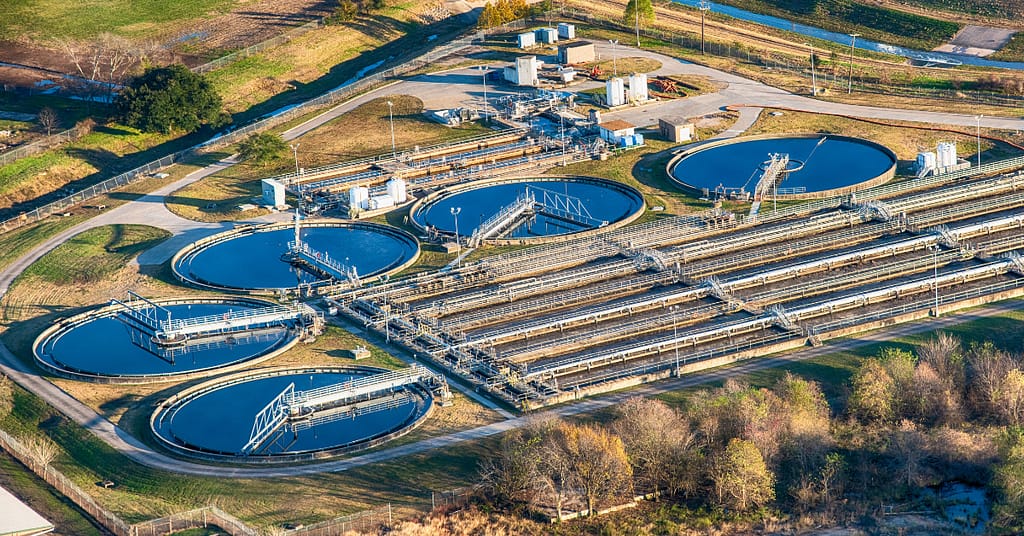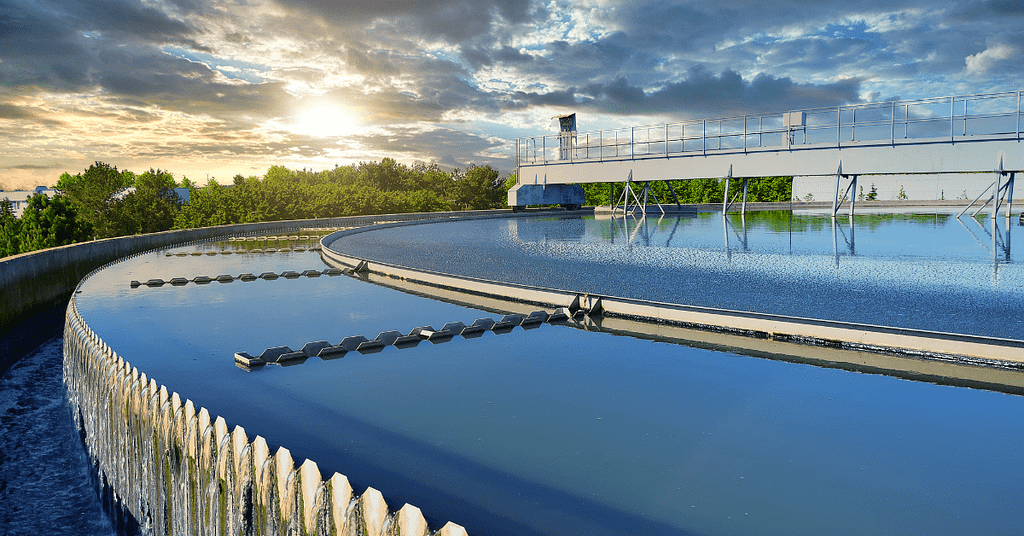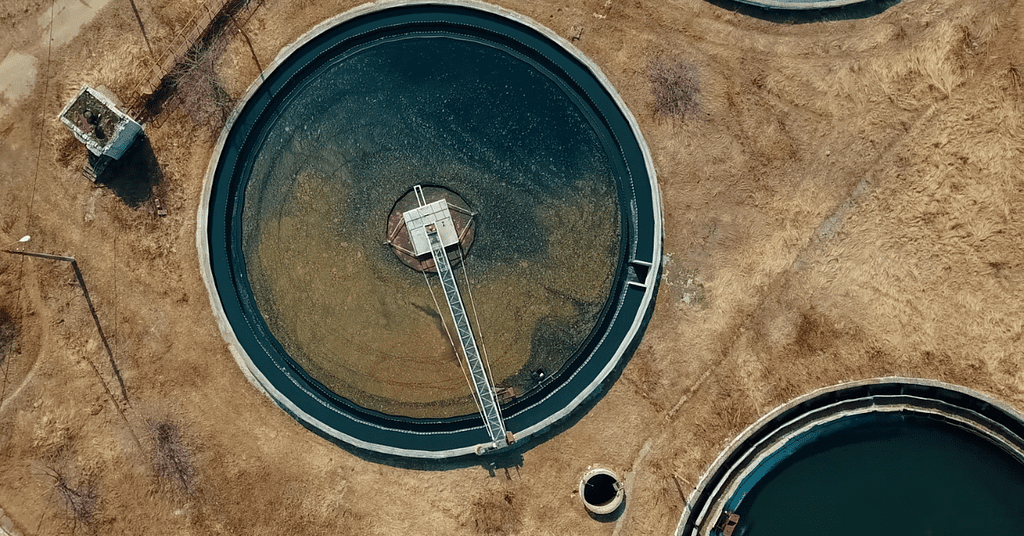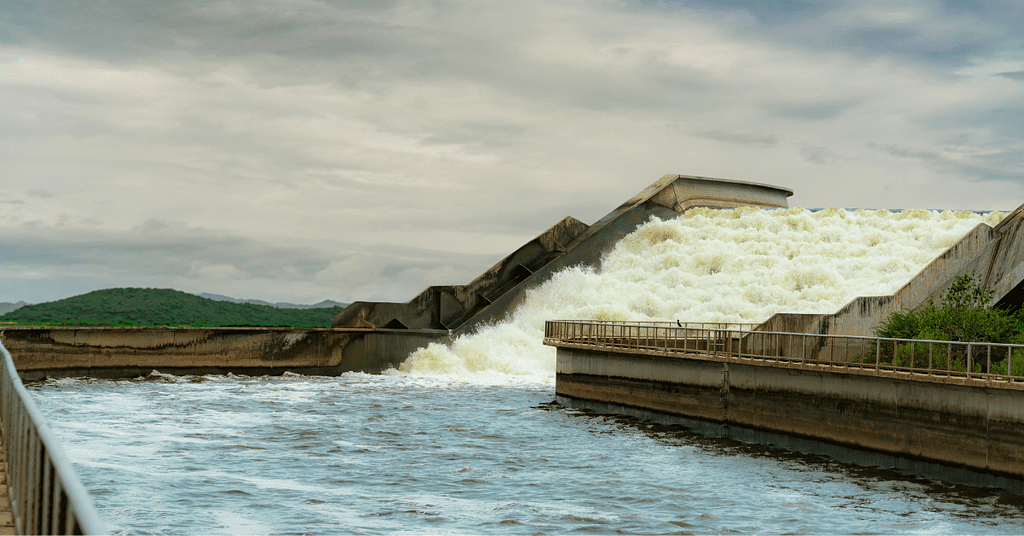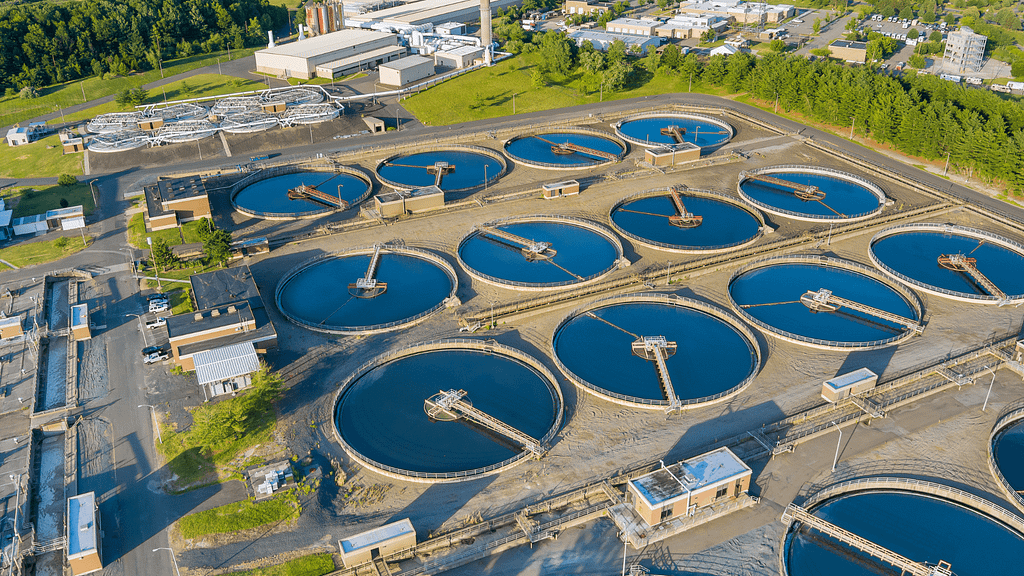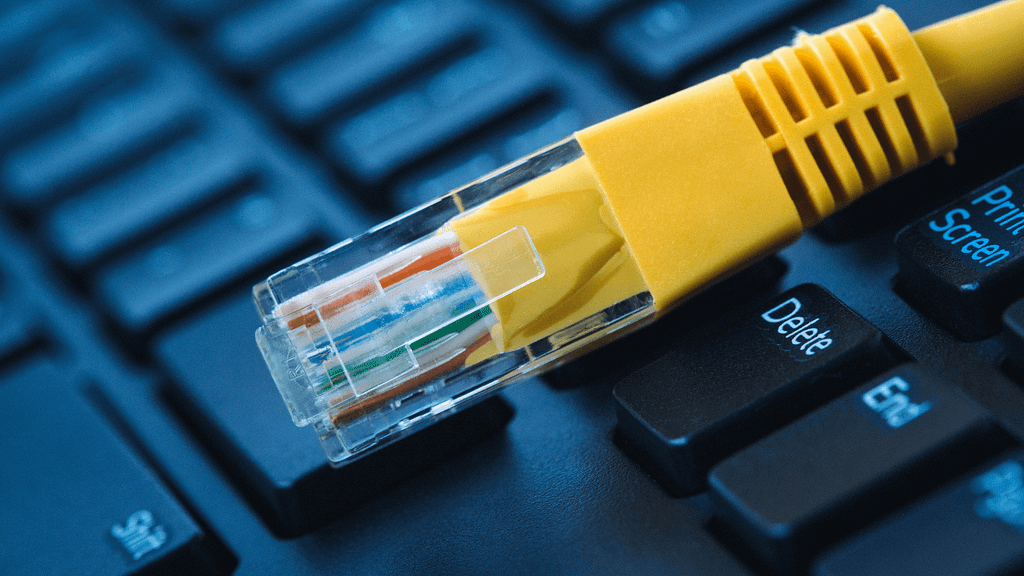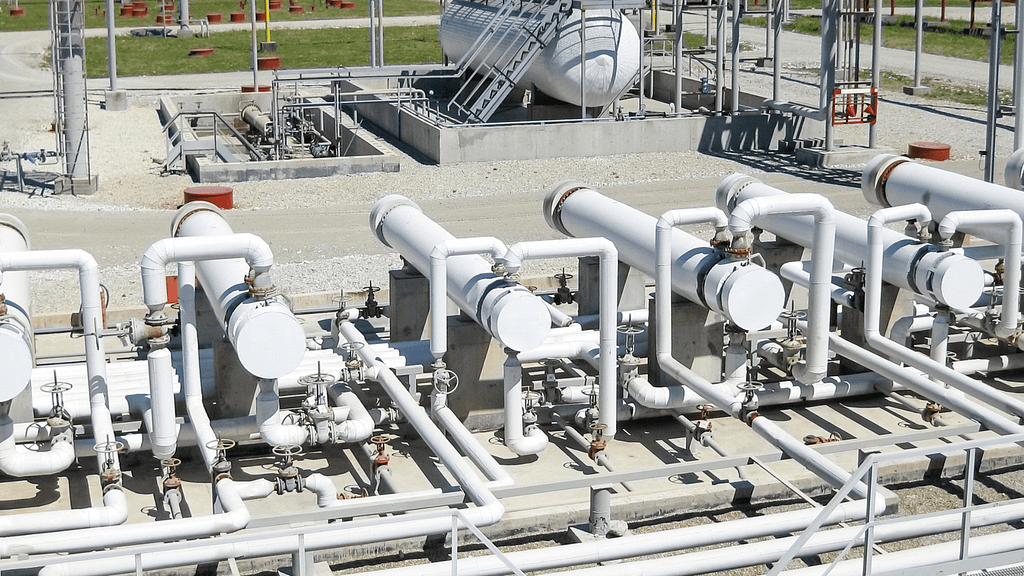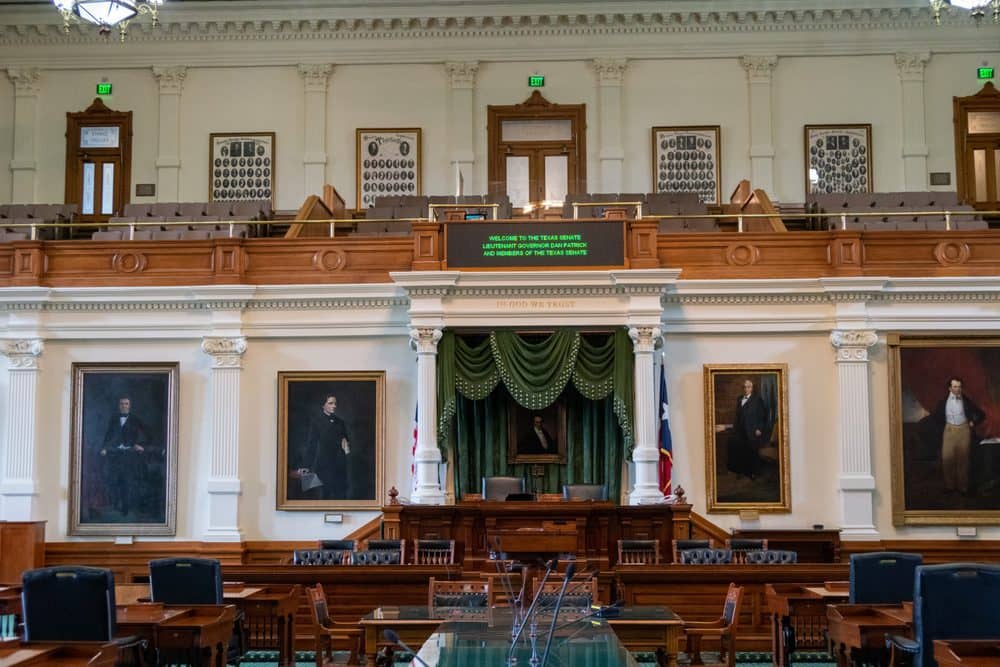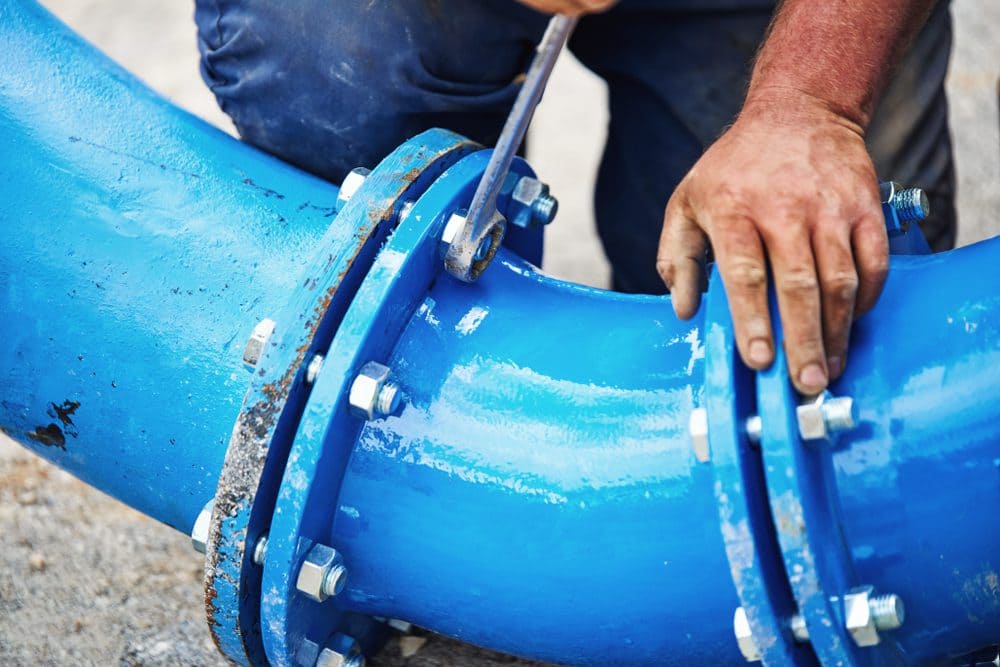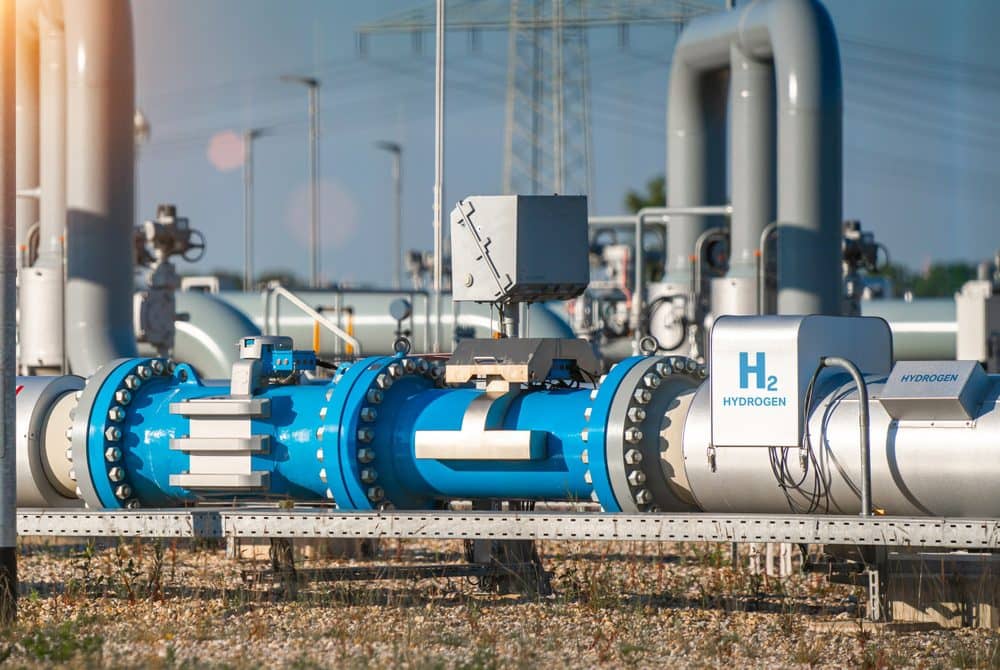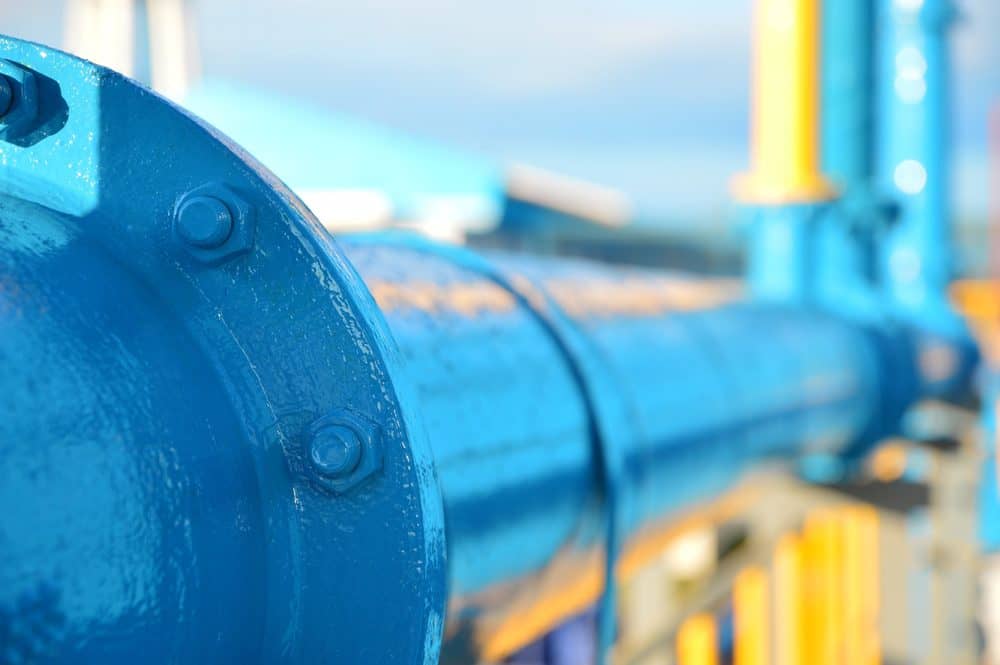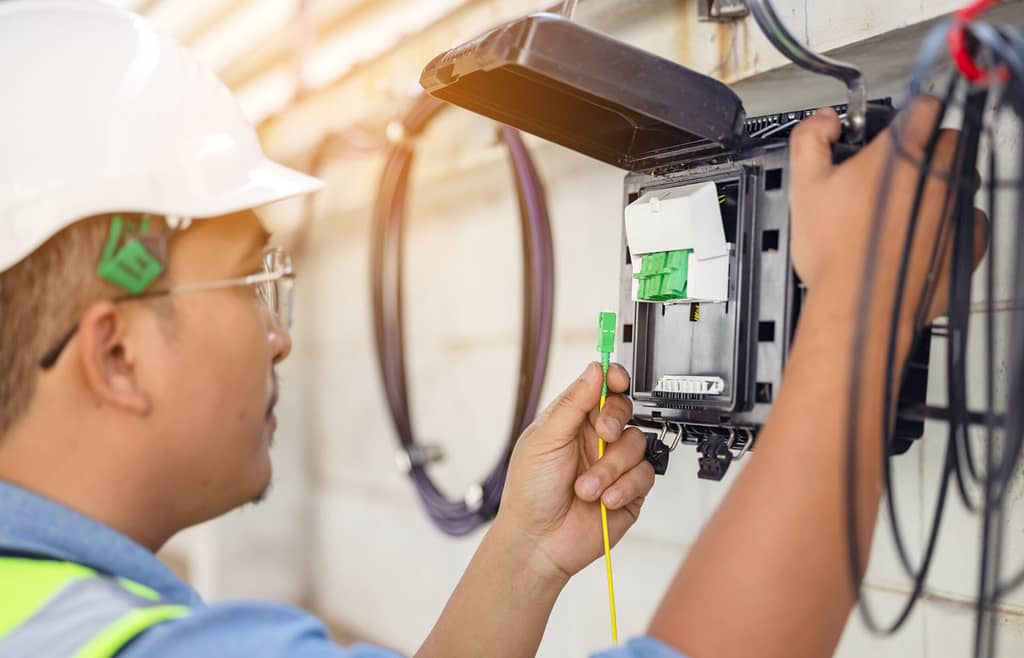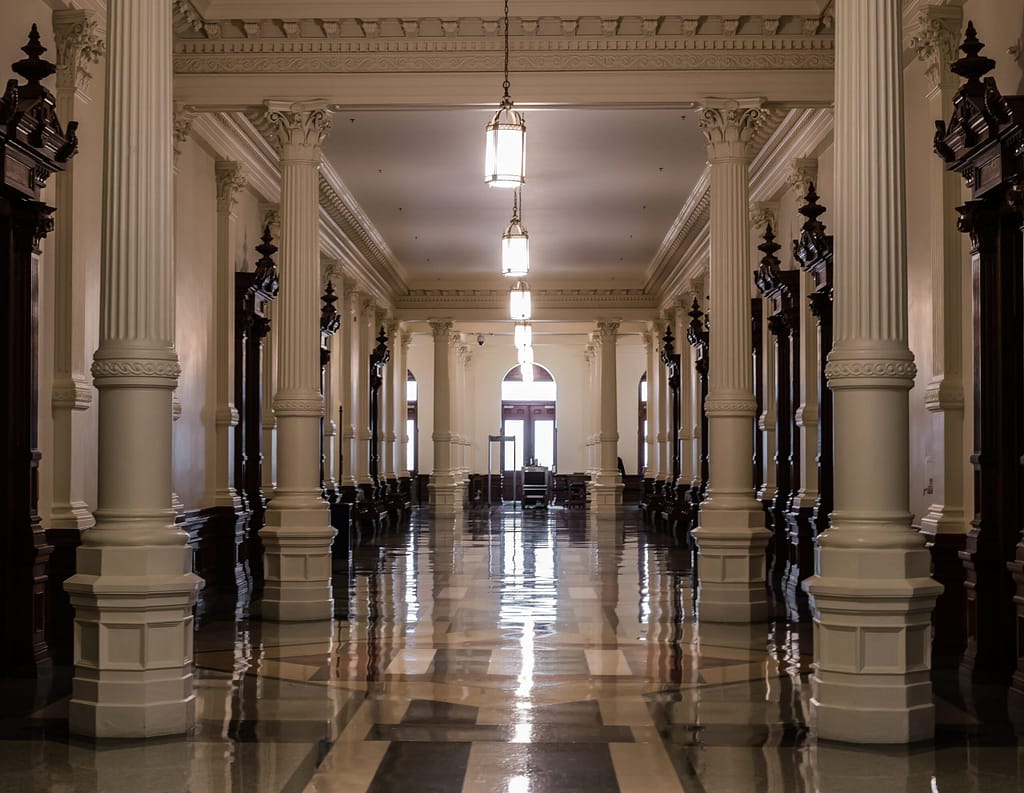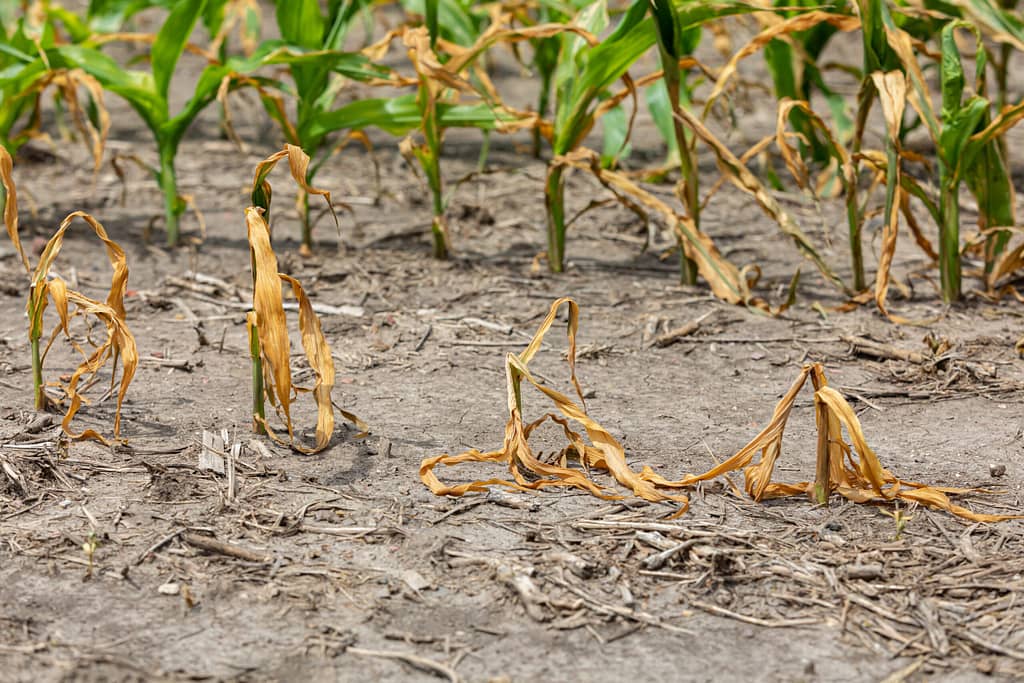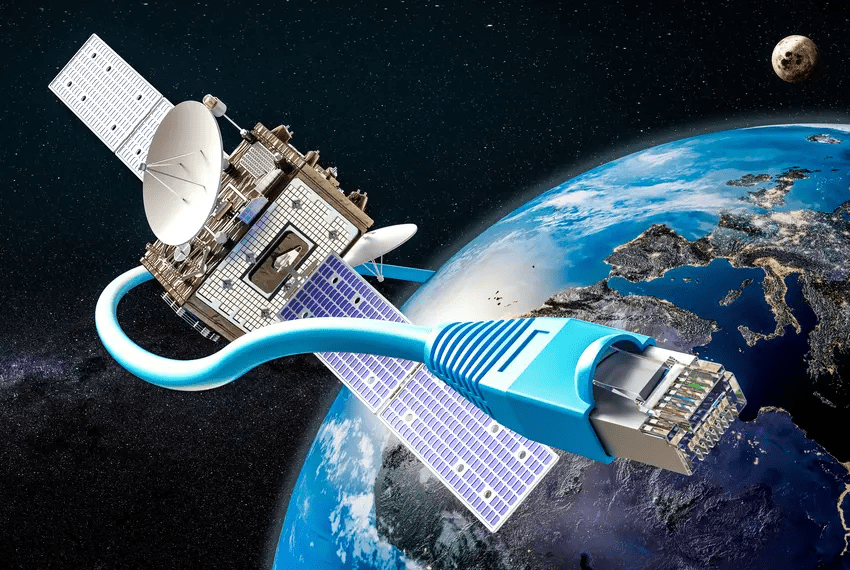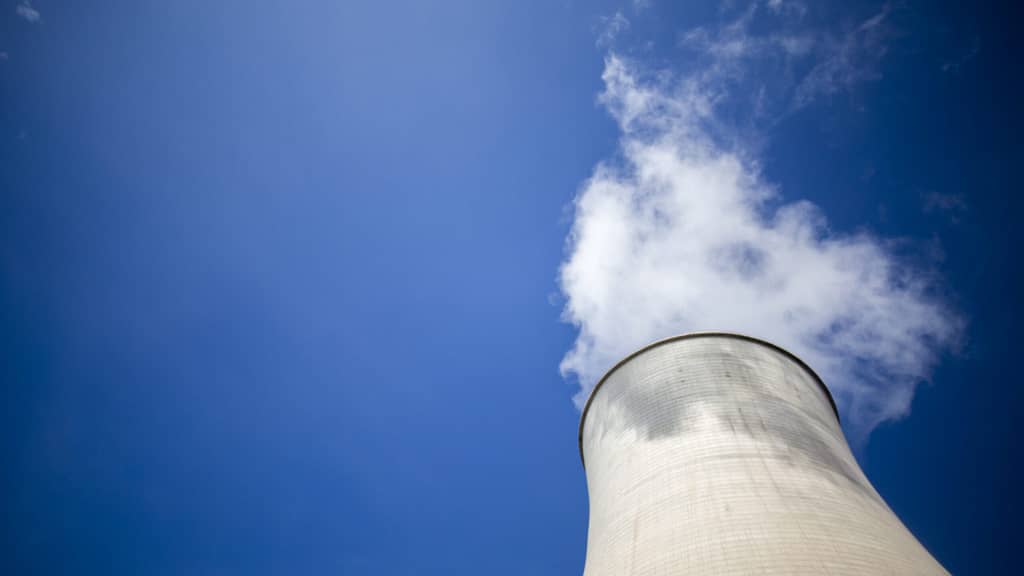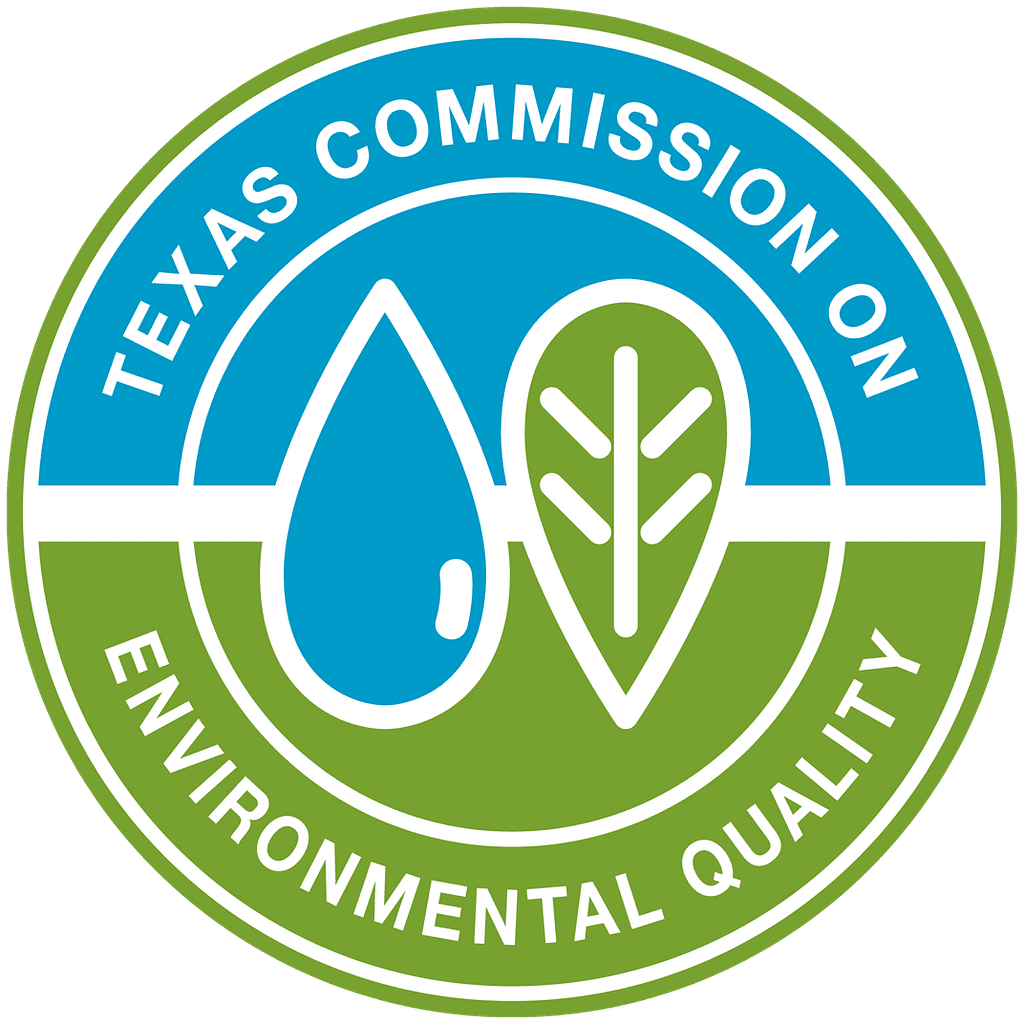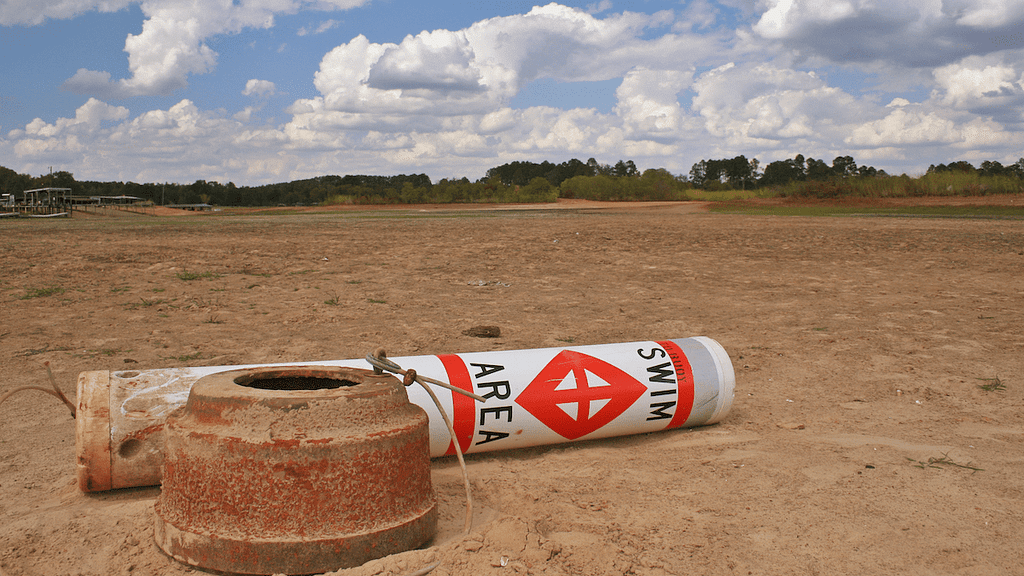As Texas prepares to enter its 88th Legislative session, Texas 2036 and the Center for Public Finance at Rice University’s Baker Institute of Public Policy are releasing five reports between April and July 2022 exploring ways the state of Texas can invest in our future. These reports will examine opportunities in energy, broadband, water, parks, and information technology/cybersecurity.

Energy Expansion

Texas is well-positioned to sustain and solidify its role as the energy capital of the world, thanks to abundant natural resources, existing infrastructure, a highly skilled energy workforce and leading research institutions.
Using carbon capture, geothermal energy and hydrogen as examples, the report shows how Texas can continue its energy leadership in the 21st century, as growing demand for clean, zero-carbon energy fuels a worldwide energy expansion.
Broadband

Roughly 2.5 million Texans still do not have access to the internet in their homes, particularly in deep-rural areas and low-income households. Add in those lacking broadband, or high-speed internet, this number grows to nearly 7.4 million.
The second report by the Center for Public Finance at Rice University’s Baker Institute of Public Policy for Texas 2036’s sponsored series Investing in Texas examines the benefits – and challenges – that come with expanding broadband to connect the millions of Texans currently unable to access this critical resource.
Drought
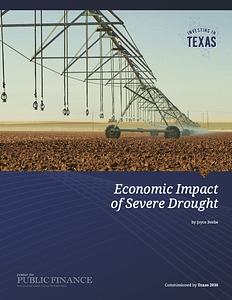
As temperatures rise and drought intensification appears inevitable for much of Texas this summer, this new report by the Center for Public Finance at Rice University’s Baker Institute for Public Policy, in partnership with Texas 2036, calculates the price Texas might soon pay for worsening droughts.
The third release in a series of studies focused on key investment opportunities for the state, “Investing in Texas: Economic Impact of Severe Drought” reveals Texas’ potential negative economic impacts based on the State Water Plan’s projection of failing to develop additional water supplies as demands will increase by 9% and available supplies will diminish by 18% over the next 50 years.
Cybersecurity and IT Modernization
 With sizable state and federal appropriations for technology upgrades in consideration, the Center for Public Finance at Rice University’s Baker Institute for Public Policy, supported by Texas 2036, examined the challenges and opportunities for Texas state government officials, including optimal cybersecurity financing, identifying unique risks, allocating limited resources among competing priorities, and coordinating efforts with internal and external stakeholders.
With sizable state and federal appropriations for technology upgrades in consideration, the Center for Public Finance at Rice University’s Baker Institute for Public Policy, supported by Texas 2036, examined the challenges and opportunities for Texas state government officials, including optimal cybersecurity financing, identifying unique risks, allocating limited resources among competing priorities, and coordinating efforts with internal and external stakeholders.
State Parks

Data from Texas and other states indicate that every $1 in public money spent on parks can generate between $4 and $12 in economic return. Investing in state parks through maintaining and improving existing facilities and expanding the number of state parks available to meet Texans’ growing demand for outdoor recreation will generate meaningful and measurable economic benefits for the state as a whole, but especially for local and rural economies.




